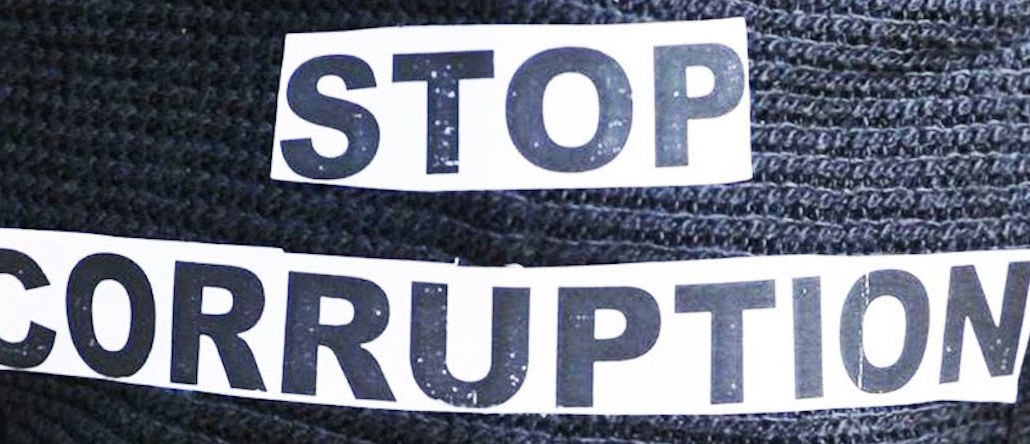Secure your place at the Digiday Media Buying Summit in Nashville, March 2-4
‘One of the most corrupt industries’: Agency execs sound off on the DOJ investigation into production contracts

Media agencies have been under scrutiny since the June release of the two reports by the Association of National Advertisers that pulled the curtain back on non-transparent practices like rebates and black-box deals. Now, the U.S. Justice Department is investigating whether creative shops inappropriately directed production work to their in-house departments over independent companies by manipulating the bidding process for those contracts, the Wall Street Journal first reported the news this week.
Bid rigging and subcontracting are illegal under the federal law. But senior executives at independent agencies are hardly shocked to see transparency controversies coming to the creative side.
“It is absolutely true. Advertising is one of the most corrupt industries in the world,” said Joseph Anthony, CEO for digital agency Hero. “It is driven by client apathy, cronyism and agency self-interest. As a boutique agency owner, I have been fighting these factors my whole career.”
Another media agency owner also confirmed agency malfeasance. “Yes. But we are not heavy on the production side of things. I only know through colleagues and ex-higher-ups at the creative holding company shops.”
The Journal didn’t give much detail on how exactly creative shops manipulated the bidding process. One speculation is production houses may not be given a budget range to target. Since the agency bidding the work has access to its clients’ budget ranges, it would be relatively easy for the agency to give inflated rates to the bidding companies and then have its in-house teams budget lower or at the accurate numbers to win the business, according to Dimitry Loffe, CEO and founder of digital shop TVGla, which has set a rule of not doing any production work for outside agencies.
“It can go across TV and digital, but I don’t think that everyone is doing it because each contract is different and each agency is different,” said Loffe. “Some agencies don’t have an in-house production team while others may give the work to their favorite shop even though they ask others to triple bid.”
And an October policy statement from AICE, a trade association for post production companies, indicates that agencies may reward senior staff to steer client work to their in-house operations. “In addition to holding company mandates, some agencies reportedly offer financial incentives to department heads when they meet target for in-house volume,” says the document.
“We’ve been talking about this issue for some time with both our members and the ANA, and we continue to encourage advertisers to carefully scrutinize how their post production dollars are being spent,” said Rachelle Madden, executive director for AICE. WPP, Omnicom, IPG and Publicis all declined to comment this article.
Ian Schafer, CEO of agency Deep Focus, thinks that this is a legacy issue caused by the ways traditional agencies, holding companies, and production houses have historically conducted business in a TV-centric ad world.
“Chronic obfuscation has been a critical reason why trust between clients and agencies has eroded over the years and is coming to head on both the media and creative sides of the business,” he said. “The other reason is aggressive cost-cutting measures put in place, sometimes at the expense of the work and people.”
More in Marketing

Future of Marketing Briefing: AI’s branding problem is why marketers keep it off the label
The reputational downside is clearer than the branding upside, which makes discretion the safer strategy.

While holdcos build ‘death stars of content,’ indie creative agencies take alternative routes
Indie agencies and the holding company sector were once bound together. The Super Bowl and WPP’s latest remodeling plans show they’re heading in different directions.

How Boll & Branch leverages AI for operational and creative tasks
Boll & Branch first and foremost uses AI to manage workflows across teams.








